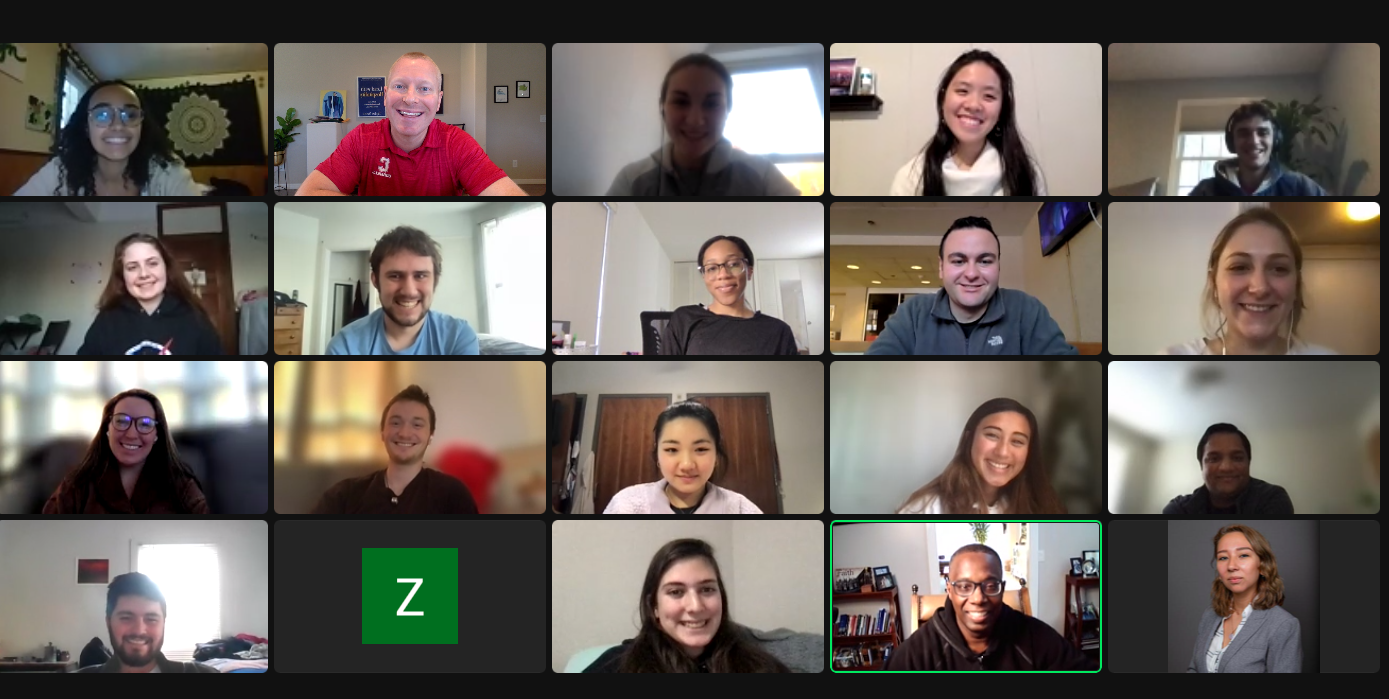Would you give your employees more feedback if you knew it’d increase engagement and performance?
According to research gathered by Zippia:
-65% of employees desire more feedback.
-69% of employees say they would work harder if they felt their efforts were being recognized through feedback.
-98% of employees disengage from their work when they receive little or no feedback.
When leaders pause their own work, breaking from their calls, emails, analysis, preparation, and meetings to spend quality time with people on their teams, it’s very special. It’s special because it makes people feel special and important. The only thing better is when leaders take the time to teach and coach people on their teams.
Great leaders and those who lead with hospitality anticipate this dynamic and plan for it, strategically. The first step in planning is setting SMART goals; goals that are specific, measurable, achievable, relevant, and time-bound. The next piece falls into place. It’s the Tactical Daily Game Plan of how everyone will spend their time.
Since the SMART goals are now dialed in, everyone has a clear picture of where they need to go. However, the “how to get there” is often left out in thin air between a leader’s lofty pedestal and the desks of those doing the work. Take time to help your teams come up with tactical daily game plans. They’ll thank you for helping them strategically plan their days and weeks.
Your senior leaders will thank you for delivering wildly successful results AND developing, teaching, and coaching up the talented folks on your team.
Here are four keys to becoming an effective coach for your team:
–Explain. Set clear expectations with agreed-upon SMART Goals for the organization and for each person on your team. Spend quality time, investing in each team member. Walk them down a path of self-discovery by challenging them with questions like, “What do you want to accomplish this week, month, year, or season?” Then ask, “How can I best serve you to help you get there?” This will help them plan for themselves and establish that you’re for them, not against them. They’ll know you’ll always be there to help them, not hurt them.
–Demonstrate. Physically show them how to execute specific tasks. Help them outline their tactical daily game plans for how they’ll spend their time. Walk your talk. Live the values, behaviors, and actions you’d like to see from your team. When they see you doing what you’ve asked them to do, they’ll quickly follow your lead, trusting you along the way.
–Observe. Hands off! Sit back and let them execute. Observe everything with a lens for continuous improvement and development. Ask how you can help them become even better in the coming days, weeks, months, quarters, or years. Let enough time pass as you observe their process execution or lack thereof.
–Coach. Then and only then do you coach. Praise where it’s appropriate and only coach when they truly need it. This includes having the inevitable tough conversations to hold people accountable for the action plans and goals you agreed upon together. Not only will you have earned the right to have a tough conversation with them, you’ll help them get back on track. Even if your feedback is tough to hear in the moment, one day they’ll look back with gratitude and appreciation for your feedback and encouragement. That’s coaching in a nutshell.
“If you don’t know where you’re going, you might wind up someplace else.”
~ Yogi Berra








